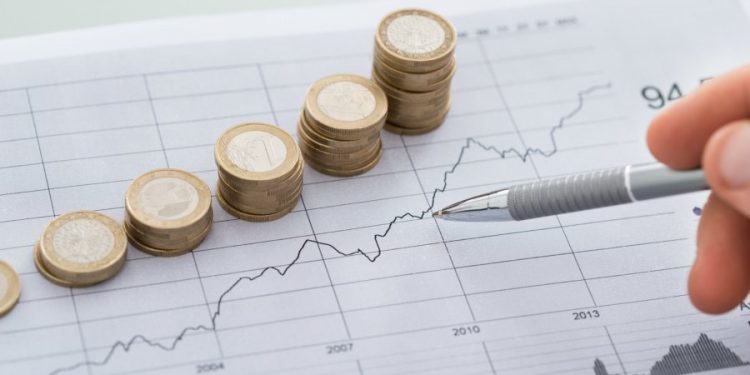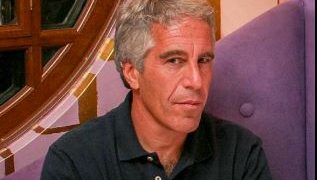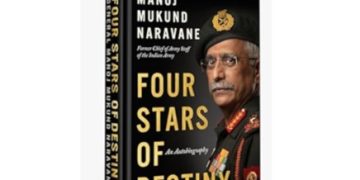Daron Acemoglu
With the annual inflation rate in the United States reaching 5% in May, economists and investors are right to be apprehensive about deficit spending, public debt, and the risk of sustained price growth – which is higher now than it has been for almost four decades. But it would be a mistake to respond to these concerns by pumping the brakes on the economy.
No, the government cannot borrow and spend as much as it likes without paying any costs, as some progressives would have us believe. But nor can those worried about inflation ignore the deeper problem afflicting the US: deep political polarisation, accompanied by an erosion of trust in government. A rapid economic recovery, spearheaded by public policies that encourage employment and wage growth, is the best chance the US has to restore trust in government – and in democracy. The real risk stemming from inflation is that it will distract us from this fundamental issue.
To be sure, there is no silver bullet against political dysfunction. Some commentators are understandably worried that the US has already reached a point of no return. After all, a majority of Republicans cling to the false belief that Donald Trump won the 2020 election, and by some estimates, 15% of the US population is adherents of the pro-Trump QAnon conspiracy theory. These figures point to a difficult road ahead. But we should remember that people tend to trust democracy more when it delivers on its promises of stability, shared prosperity, and effective measures to fight poverty.
For example, those who grow up in stable democracies where there is rapid economic growth and adequate public services are much more likely to oppose autocrats and unaccountable technocrats. By the same token, periods of economic stagnation and soaring inequality tend to fuel polarisation and a loss of public trust, as has happened in the US and many other countries around the world in recent decades.
The US economy used to create good jobs – with decent pay, reasonable levels of security, and career-building opportunities – for workers from all kinds of backgrounds and with all kinds of skills. For 35 years after World War II, workers at both the bottom and the top of the income distribution benefited from robust employment growth and rapid wage increases. But this era came to an end in the 1980s when median wages stagnated and inequality began to creep up. Rather than enjoying wage gains, men without a college degree started experiencing sharp declines in job options and real (inflation-adjusted) earnings.
The Americans who have been experiencing wage declines and dwindling opportunities are overrepresented among those moving to the extremist fringes of US politics. If you think the economy isn’t working and cannot work for you, it is understandable that you might be sympathetic to opportunist politicians and media figures calling for a “rigged” system to be dismantled.
Of course, economic problems are not solely responsible for the sorry state of US politics. The Republican Party, too, has played an outsize role in the dysfunction. Starting with Richard Nixon’s “Southern strategy” – which sought to capitalise on white backlash against the Democrats’ 1960s civil-rights agenda – the GOP decided that polarisation was good politics. The more the party has shifted to representing white, non-college-educated voters (a shrinking share of the population), the more it has had to rely on voter suppression and other anti-democratic tactics to maintain its position, a trend that has peaked with Trump.
But the Democratic Party is not blameless. The Wall Street bankers who caused the 2008 financial crisis were rescued not just by George W. Bush but also by Barack Obama. It was the Obama administration that ultimately decided to help the banks and the bankers at all costs, and which later chose not to prosecute any of the guilty parties. Voters’ suspicions about a too-cozy relationship between government and finance were confirmed, accelerating the loss of trust in institutions and supplying plenty of ammunition to those already inclined to regard government as the problem, not the solution.
If this diagnosis is correct, the first step to reversing America’s political dysfunction is to show that both the economy and the government can work for all. Generating jobs and wage growth for Americans of all backgrounds and skills should be a top priority. While we could focus simply on expanding the size of the overall economic pie and then redistributing it, that strategy is unlikely to leave voters feeling invested in the system. Enabling people to contribute meaningfully to the economy and society is a much better way to get them on board.
If infrastructure spending, expansionary fiscal and monetary policies, safety-net enhancements, job-generating investments, and other official measures are seen to be part of a robust recovery, that will further support the idea that government still works. Trust in state institutions cannot be restored simply by extolling their virtues in the abstract. Citizens must see and experience the benefits that come from institutions functioning effectively.
The writer, Professor of Economics at MIT, is co-author (with James A. Robinson) of Why Nations Fail: The Origins of Power, Prosperity and Poverty and The Narrow Corridor: States, Societies, and the Fate of Liberty. ©Project Syndicate.






































